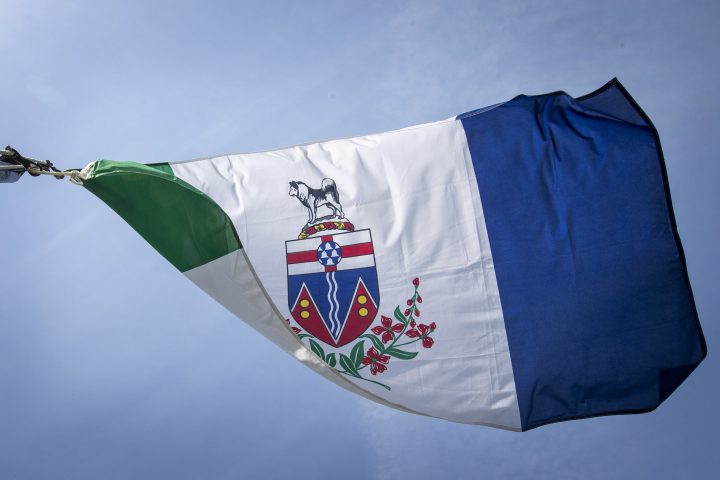Yukon has declared a state of emergency for the Southern Lakes region in response to high water levels that surpassed those last seen there in 2007.

The government says the declaration allows it to take quick action like issuing evacuation orders, if necessary.
The government says in a release that water levels are high in Marsh Lake, Lake Laberge, Bennett Lake and Tagish Lake, and residents at risk would be ordered to immediately leave their property.
However, it says an order may not be preceded by an evacuation alert if there’s no time for a warning.

Get daily National news
It says 60 government personnel and flood specialists from Manitoba and Saskatchewan as well as about 100 members of the Canadian Armed Forces are part of a team that is working on to manage any flooding incidents.
Minister of Community Services Richard Mostyn says he realizes residents directly impacted by the flood situation are dealing with a stressful situation.

“We want to reassure those residents we will do everything we can to continue providing all the support we can to you in the coming weeks.”
The state of emergency is in effect for up to three months and can be cancelled at any time.
Water levels on the Yukon River at the village of Carmacks rose last month to their highest level in 100 years, prompting a flood warning from the territory.
That was after soaring temperatures set off a rapid melt of the higher-than-average winter snowpack upstream.







Comments